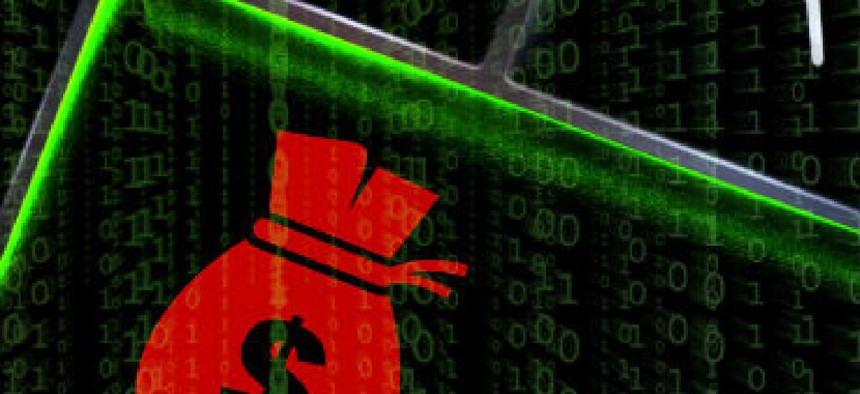U.S. targets top lists of ransomware hackers

The U.S. is among a handful of countries that cybercriminals target with the most sophisticated ransomware attacks, according to a new report.

Cybercriminals are focusing their ransomware attacks on the U.S. and a handful of other countries, according to a new report from Kaspersky.
Such attacks on U.S. computers and networks are not only growing, but cybercriminals are using their most potent form of the malware to target U.S. users. Those "crypto" variety attacks encrypt the targeted user's files.
Kaspersky's research, which used randomized data from its customers around the world, said crypto attacks surged more than five-fold.
Even though the group's study focused on private and corporate users, company experts told FCW that doesn't mean federal, state or local governments aren't potential targets. The Department of Homeland Security confirmed as much earlier this year, when it reported more than 300 incidents of ransomware on federal networks.
"Any system connected to the Internet either via network connectivity or removable media can potentially be impacted by ransomware," Kaspersky Lab Senior Security Researcher Brian Bartholomew said in an email to FCW. "This includes critical infrastructure and federal government systems, among others."
"Depending on their role, the impact to these systems and operations could be severe," he said, if they hit systems that process government visas, government benefits, background checks, or inter-agency communications with law enforcement. "There is no silver bullet to preventing this type of incident, but instead, organizations should have a robust user awareness plan, regular system backup and routine software upgrades in place."
Initially, according to Kaspersky Labs, ransomware targeted mostly home users, but after criminals upgraded to encryption, they started going after companies as well. The report said the share of corporate users attacked with ransomware more than doubled over the period of the research.
NEXT STORY: DHS CIO touts tech transformation


